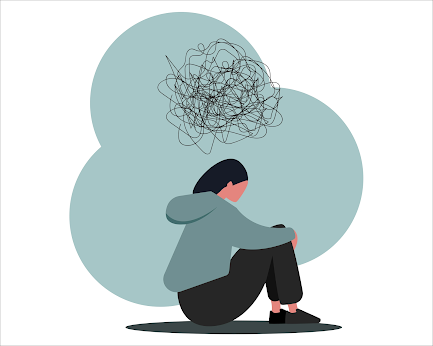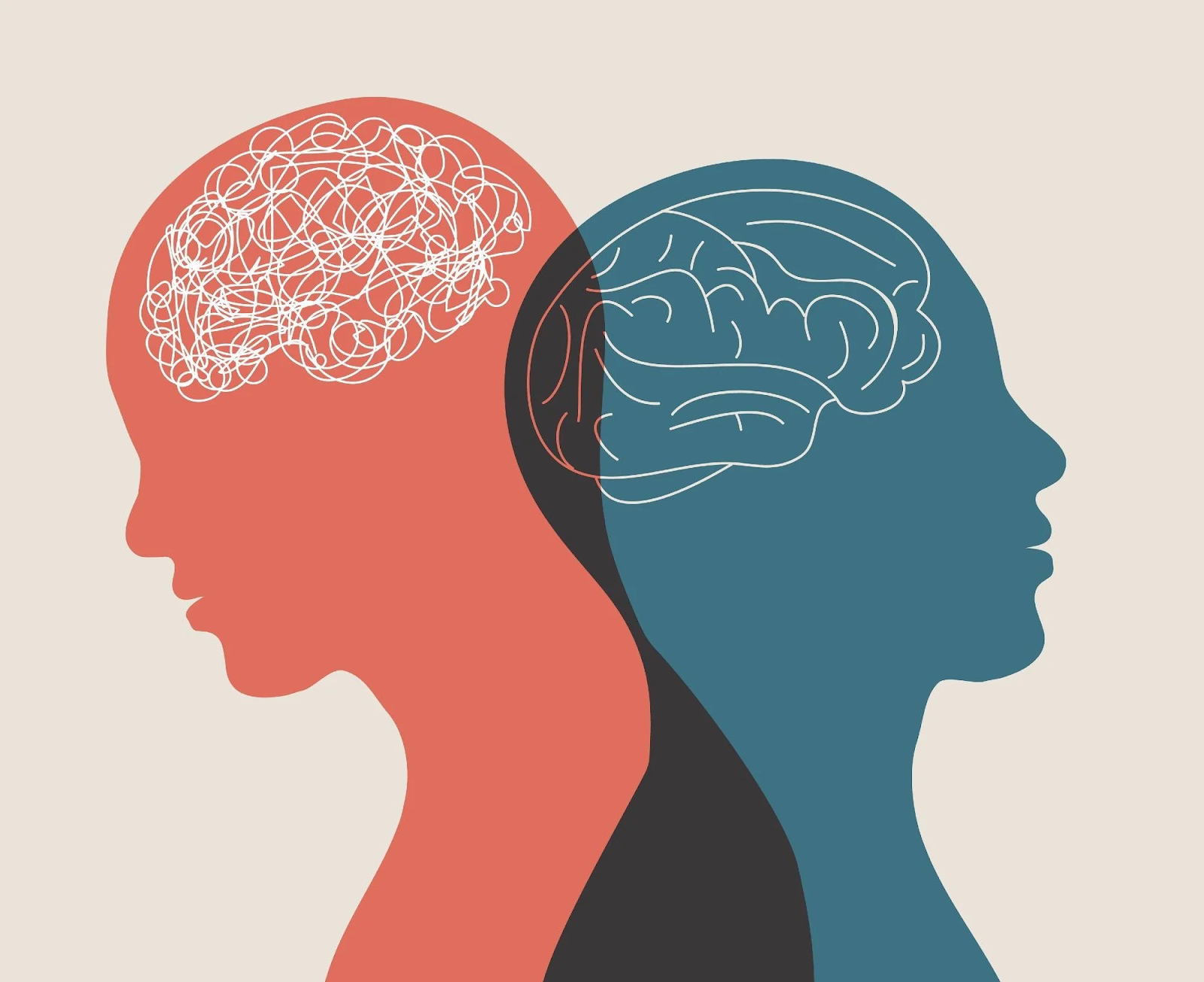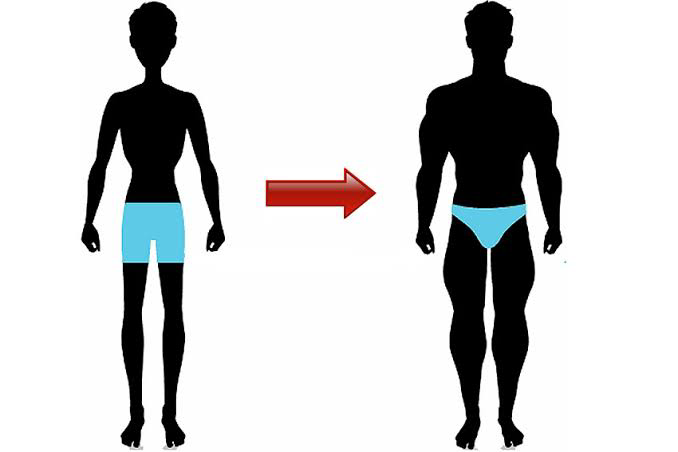How to over come depression
Depression is a debilitating mental health condition that can affect anyone, regardless of age, gender, or background. It is characterized by persistent feelings of sadness, hopelessness, and despair, which can interfere with daily life and activities. If you or someone you know is struggling with depression, there are ways to overcome it and start feeling better.
Seek Professional Help
The first step in overcoming depression is to seek professional help. A mental health professional, such as a therapist or counselor, can provide guidance and support in managing your symptoms. They can also help you develop coping skills and strategies for managing stress and negative thoughts.
Practice Self-Care
Self-care is an important aspect of managing depression. This means taking care of your physical and emotional needs, such as getting enough sleep, eating a healthy diet, and engaging in regular exercise. Other self-care practices can include journaling, meditation, or spending time in nature.
Connect with Others
Depression can be a lonely experience, but connecting with others can help. Reach out to friends and family for support, or consider joining a support group for individuals with depression. Sharing your feelings and experiences with others who understand can be a powerful way to reduce feelings of isolation and build a sense of community.
Challenge Negative Thoughts
Negative thoughts are a common symptom of depression, and they can be difficult to manage. However, it is possible to challenge and reframe negative thoughts in a more positive light. Practice identifying negative thoughts as they arise, and replace them with more positive and realistic thoughts. This can take time and practice, but over time it can help reduce feelings of hopelessness and improve overall mood.
Set Realistic Goals
Setting realistic goals is an important part of managing depression. Start with small goals that are achievable, and gradually work your way up to larger goals. This can help build a sense of accomplishment and boost self-esteem. It's important to be gentle with yourself and celebrate small victories along the way.
Get Professional Treatment
In some cases, depression may require professional treatment, such as medication or therapy. Antidepressant medication can be helpful in managing symptoms of depression, but it is important to work with a healthcare provider to find the right medication and dosage. Therapy, such as cognitive-behavioral therapy (CBT), can also be effective in treating depression by helping individuals identify and change negative thought patterns.
In conclusion, overcoming depression is a journey that requires patience, support, and persistence. Seek professional help, practice self-care, connect with others, challenge negative thoughts, set realistic goals, and consider professional treatment if necessary. Remember that recovery is possible, and there is hope for a brighter future.



Comments
Post a Comment